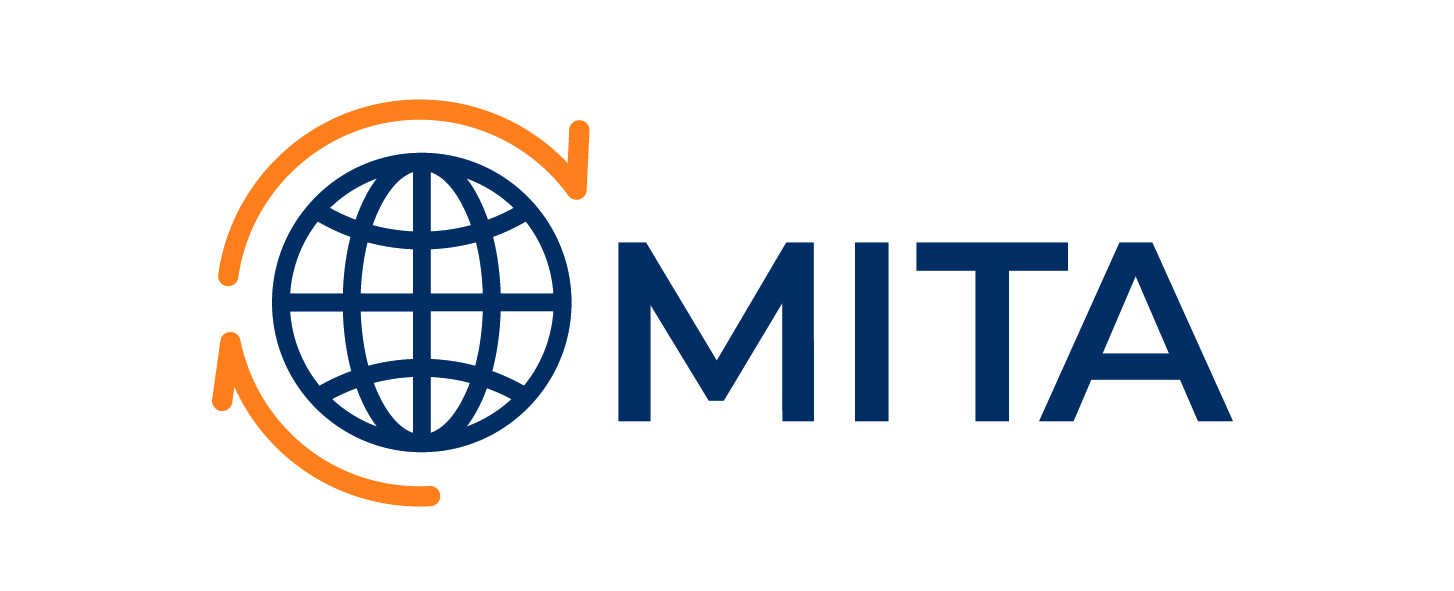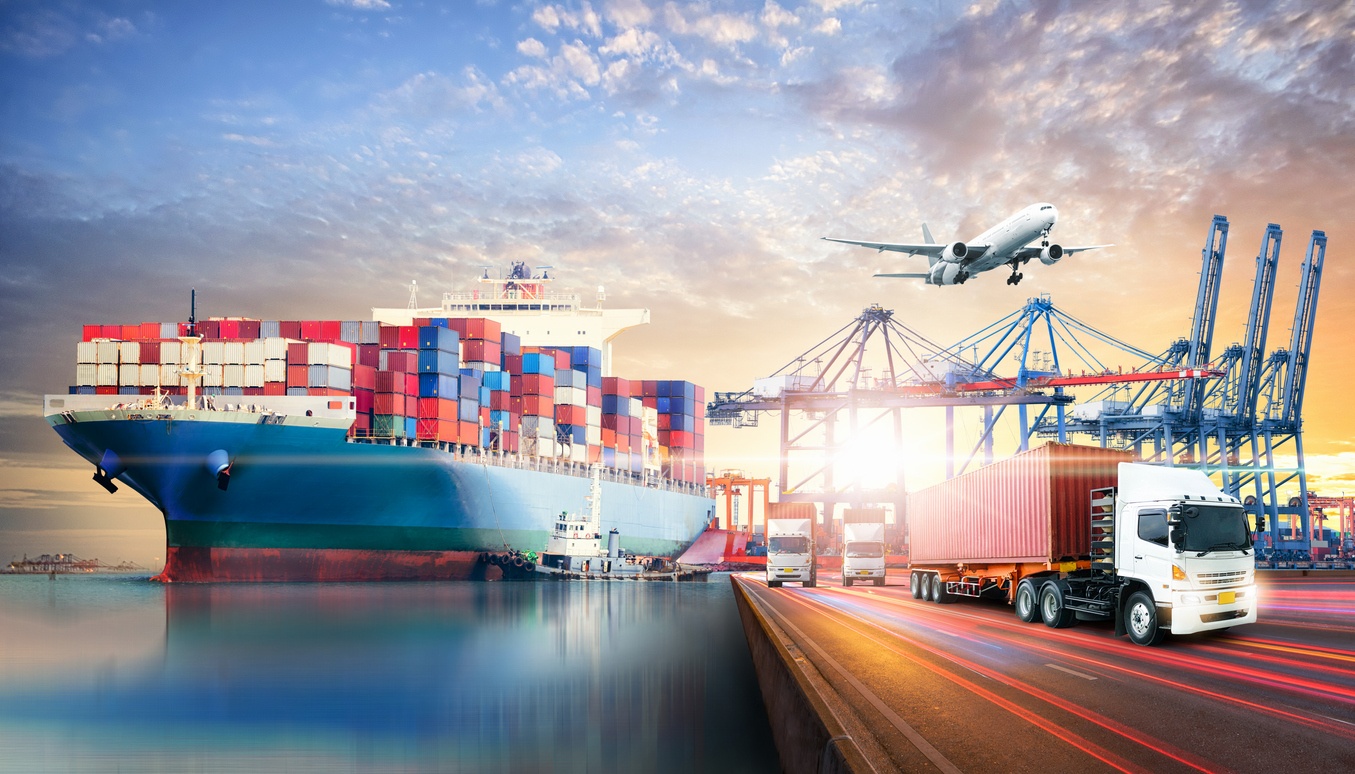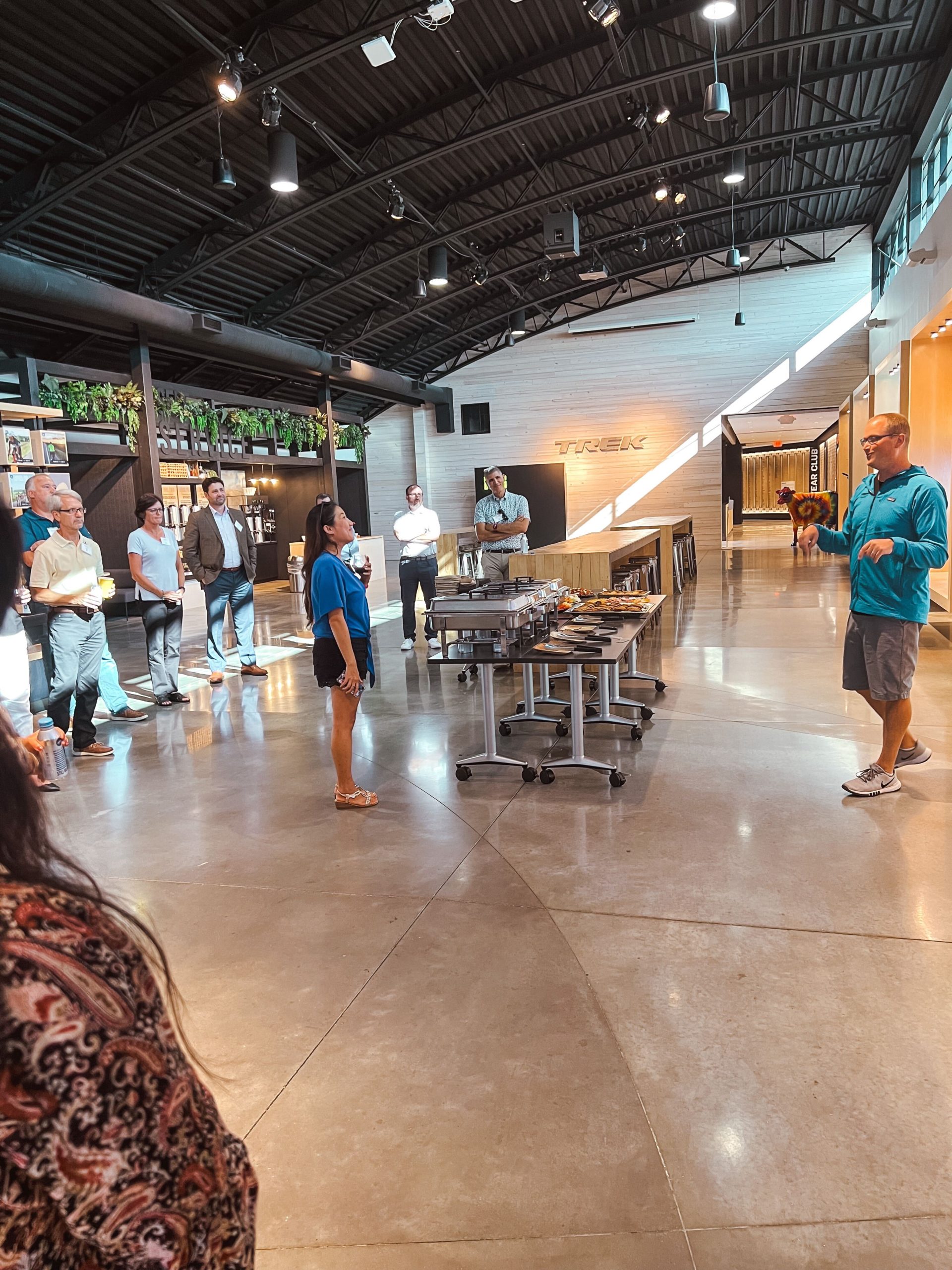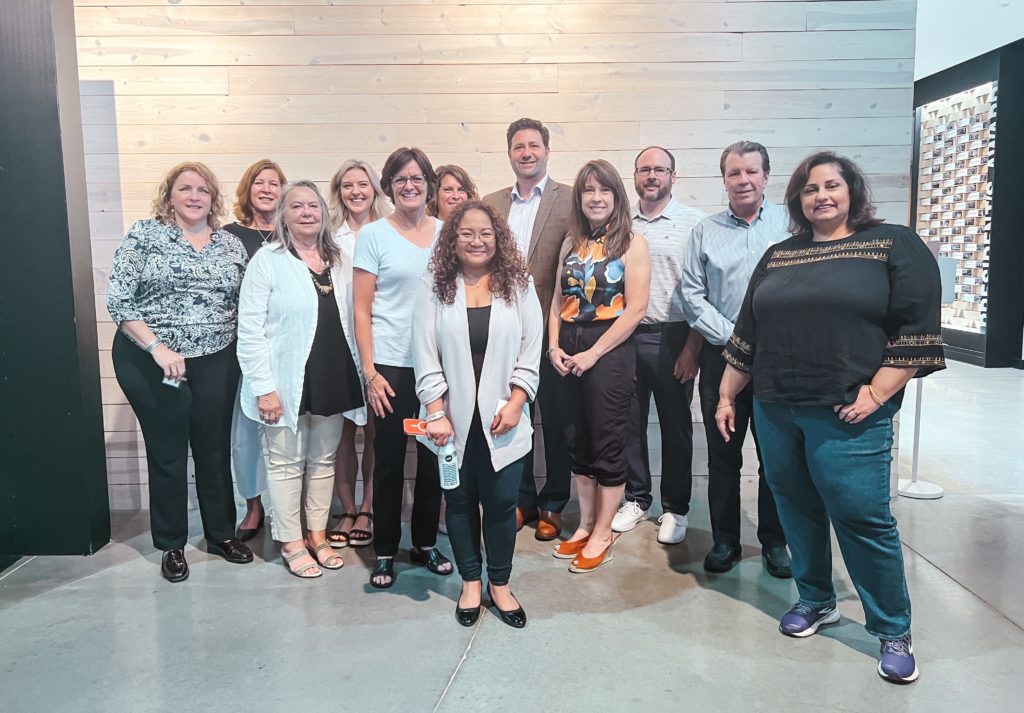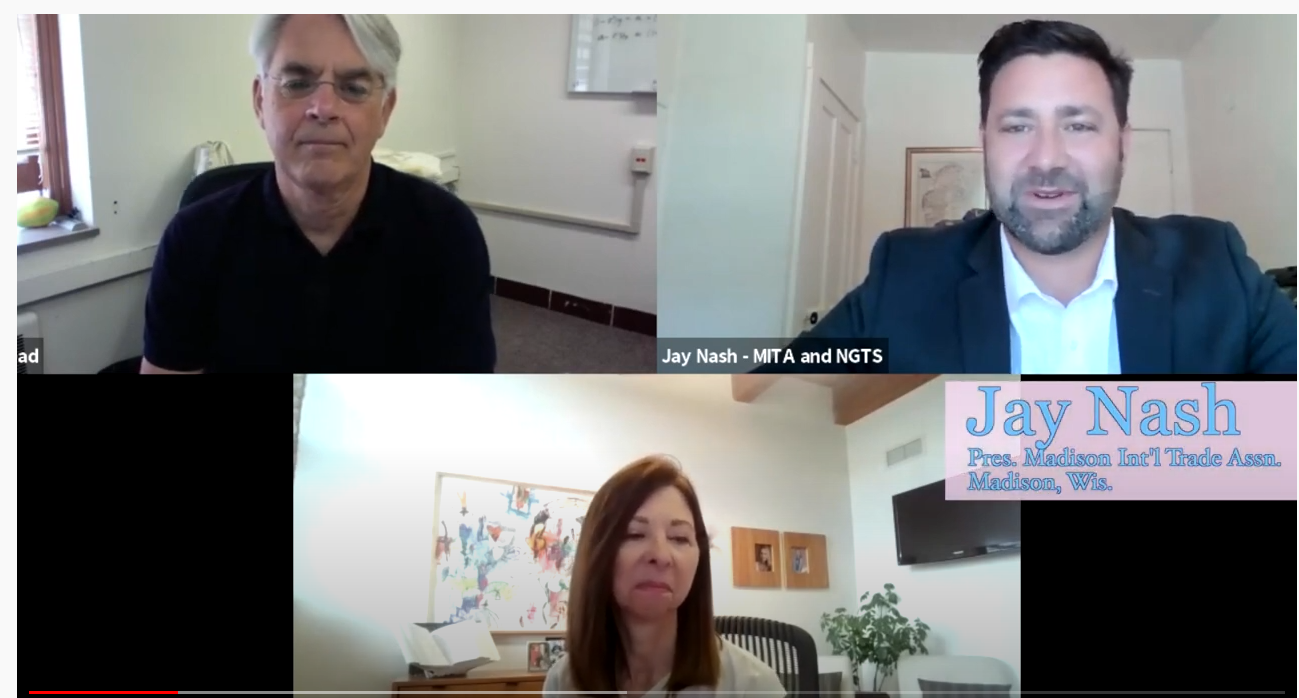Each week, M.E. Dey shares important stories related to trade and the supply chain. Here are the headlines…
| Be Sure to Monitor Tariff Treatment of Russian Imports Staged or En Route for Transport and Entry into the U.S. (via NCBFAA) With the recent announcement that the U.S. will revoke Russia’s Most Favored Nation Duty Status, NCBFAA urges its members to monitor Customs and Border Protection’s CSMS and other trade-facing announcements as to when goods originating from Russia for U.S. consumption will be subject to exponentially higher column two duty rates. While such tariff rate changes typically track the date of entry for consumption or withdrawal from warehouse, it is possible that they may track the date of export from Russia, in this latter case where goods already exported, but not yet entered, may not carry the higher duty rates. |
| China Tariff Refund Litigation Still Open to Importers (via ST&R) The U.S. has assessed additional tariffs on hundreds of billions of dollars worth of Chinese goods over the years pursuant to Section 301 of the Trade Act of 1974. Almost all previous exclusions have expired, reinstatements have been slow, and the Biden administration has given no indication of any intent to remove or revise the tariffs. Litigation currently before the Court of International Trade, first filed in 2020, and since joined by thousands of importers, is continuing to challenge the Section 301 tariffs on List 3 and 4A goods from China. Importers can still preserve their rights to possible refunds of these tariffs by joining the case. Sandler, Travis & Rosenberg, P.A. (ST&R) can assist in helping you file a claim by contacting attorneys Larry Ordet, Lenny Feldman, Rob DeCamp, or David Cohen at 301Litigation@strtrade.com. |
| Ports of Los Angeles and Long Beach Reconsidering Dwell Fee on March 18th (via NCBFAA) The ports of Los Angeles and Long Beach have continued to postpone their “Container Dwell Fee,” and said they will reconsider its possible imposition on Feb. 25. The executive directors of both ports will reassess fee implementation after monitoring data over the next week. Fee implementation has been postponed by both ports since it was announced on Oct. 25, but it remains a threat to the industry. Under the temporary policy approved Oct. 29 by the Harbor Commissions of both ports, ocean carriers can be charged for each import container that falls into one of two categories: In the case of containers scheduled to move by truck, ocean carriers could be charged for every container dwelling nine days or more. For containers moving by rail, ocean carriers could be charged if a container has dwelled for six days or more. The fee has been set at $100 per container, increasing in $100 increments per container per day of excess dwell time beyond the prescribed period. |
